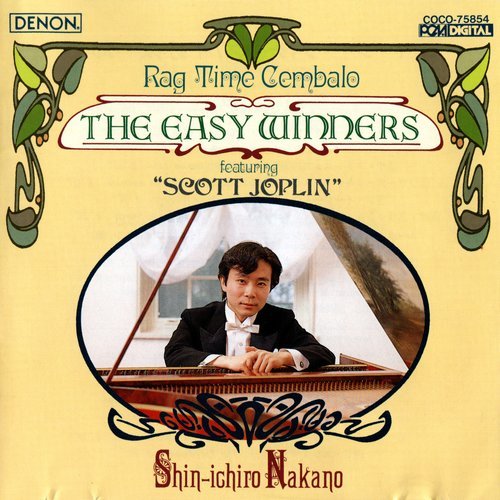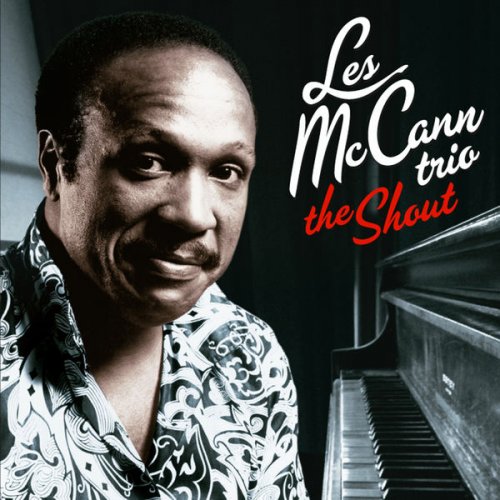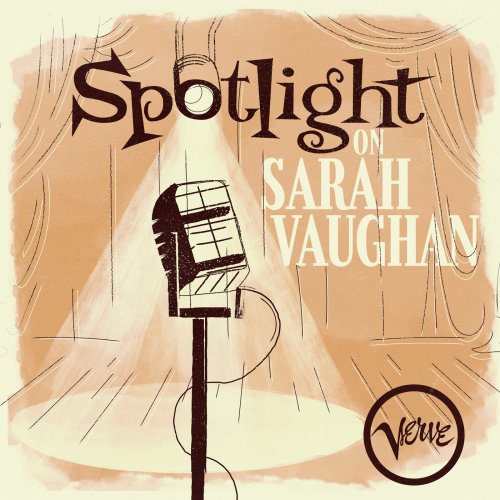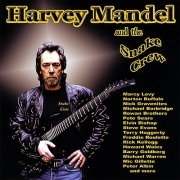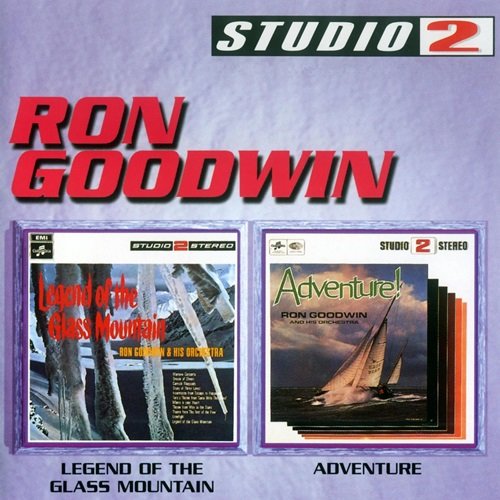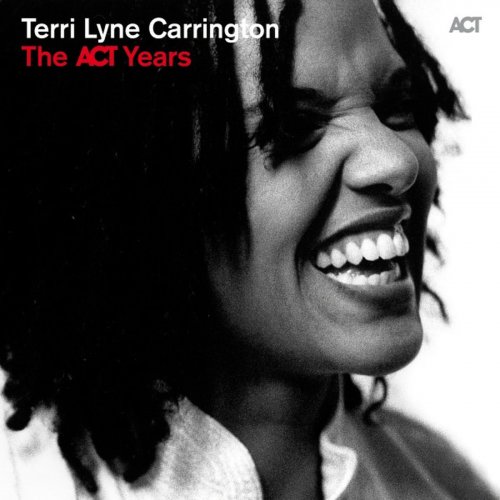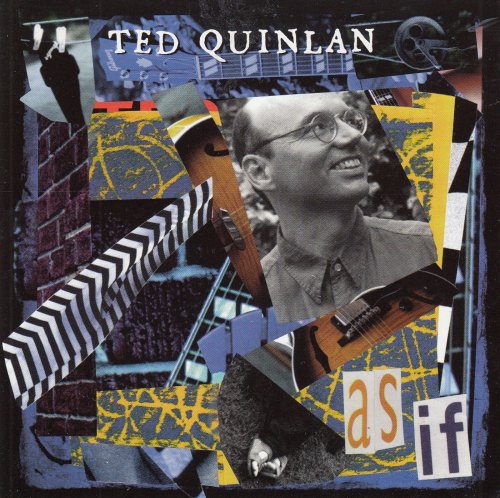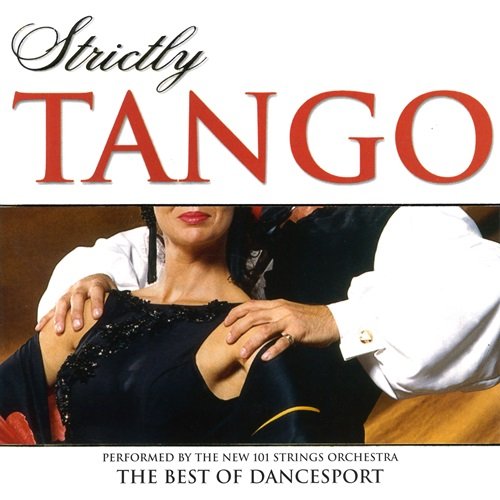Gianandrea Noseda - Rachmaninov: The Bells - Spring - 3 Russian Songs (2011)
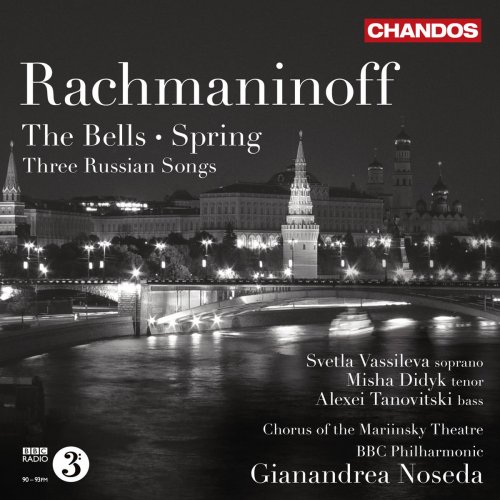
Artist: Gianandrea Noseda
Title: Rachmaninov: The Bells - Spring - 3 Russian Songs
Year Of Release: 2011
Label: Chandos
Genre: Classical
Quality: FLAC (tracks+booklet)
Total Time: 62:49 min
Total Size: 223 MB
WebSite: Album Preview
Title: Rachmaninov: The Bells - Spring - 3 Russian Songs
Year Of Release: 2011
Label: Chandos
Genre: Classical
Quality: FLAC (tracks+booklet)
Total Time: 62:49 min
Total Size: 223 MB
WebSite: Album Preview
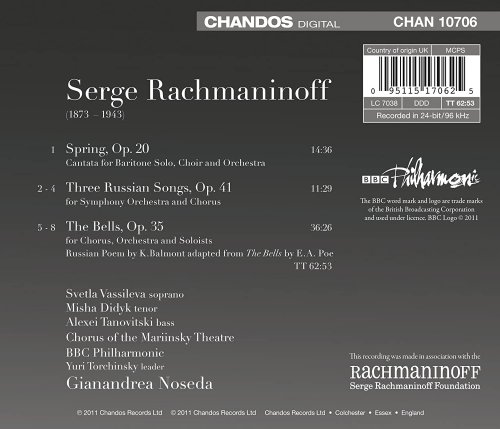
Tracklist:
01. Vesna (Spring), Op. 20
02. No. 1. Over the stream, the swift stream
03. No. 2. Ah, Vanka, you are so dashing
04. No. 3. My cheeks, so white, so rosy!
05. I. Allegro, ma non tanto
06. II. Lento
07. III. Presto
08. IV. Lento lugubre - Allegro - Andante - Tempo I
This is the seventh and final volume in our acclaimed Rachmaninoff series, which has been performed by the BBC Philharmonic under Gianandrea Noseda. They are joined in this recording by the Chorus of the Mariinsky Theatre and the soloists Svetla Vassileva, Misha Didyk, and Alexei Tanovitski. The album was recorded live at this year’s Proms at the Royal Albert Hall, London.
Rachmaninoff composed his ‘choral symphony’ The Bells in 1913. It takes its inspiration from poems by Edgar Allan Poe in a Russian translation by the poet Konstantin Balmont. The first movement, evoking the chimes of silver bells on a winter sleigh ride, is unusually cheerful for both the composer and author, while ‘Wedding Bells’ blends the
yearning of Wagner’s Tristan und Isolde with a darker and more ominous undercurrent that carries through to the end. Of this Proms performance, The Guardian wrote: ‘The soloists soared, the choir bloomed, and Noseda powered the orchestra through thrilling climaxes to the funereal closing bars.’
In the brooding cantata Spring of 1902, the restlessness and lively use of percussion reflect the composer’s mindset at the time: He was hungry to write music once again after suffering from a three-year bout of writer’s block and depression. The work is based on a poem by Nikolay Nekrasov and describes the return of the Zelyoniy shum, or
‘green rustle’. The poem tells of a husband who, fraught with murderous thoughts towards his unfaithful wife during the winter season, is freed from his frustrations by the return of spring.
The Three Russian Songs are poignant, gem-like time capsules of a Russia now irretrievably lost. They were written in 1926 when Rachmaninoff was living and exhaustively touring as a pianist in America. Vladimir Wilshaw, Rachmaninoff’s old friend from student days, said of this work: ‘Only a man who loves his country could compose this way. Only a man who in his innermost soul is a Russian. Only Rachmaninoff could have composed this!’
Rachmaninoff composed his ‘choral symphony’ The Bells in 1913. It takes its inspiration from poems by Edgar Allan Poe in a Russian translation by the poet Konstantin Balmont. The first movement, evoking the chimes of silver bells on a winter sleigh ride, is unusually cheerful for both the composer and author, while ‘Wedding Bells’ blends the
yearning of Wagner’s Tristan und Isolde with a darker and more ominous undercurrent that carries through to the end. Of this Proms performance, The Guardian wrote: ‘The soloists soared, the choir bloomed, and Noseda powered the orchestra through thrilling climaxes to the funereal closing bars.’
In the brooding cantata Spring of 1902, the restlessness and lively use of percussion reflect the composer’s mindset at the time: He was hungry to write music once again after suffering from a three-year bout of writer’s block and depression. The work is based on a poem by Nikolay Nekrasov and describes the return of the Zelyoniy shum, or
‘green rustle’. The poem tells of a husband who, fraught with murderous thoughts towards his unfaithful wife during the winter season, is freed from his frustrations by the return of spring.
The Three Russian Songs are poignant, gem-like time capsules of a Russia now irretrievably lost. They were written in 1926 when Rachmaninoff was living and exhaustively touring as a pianist in America. Vladimir Wilshaw, Rachmaninoff’s old friend from student days, said of this work: ‘Only a man who loves his country could compose this way. Only a man who in his innermost soul is a Russian. Only Rachmaninoff could have composed this!’

